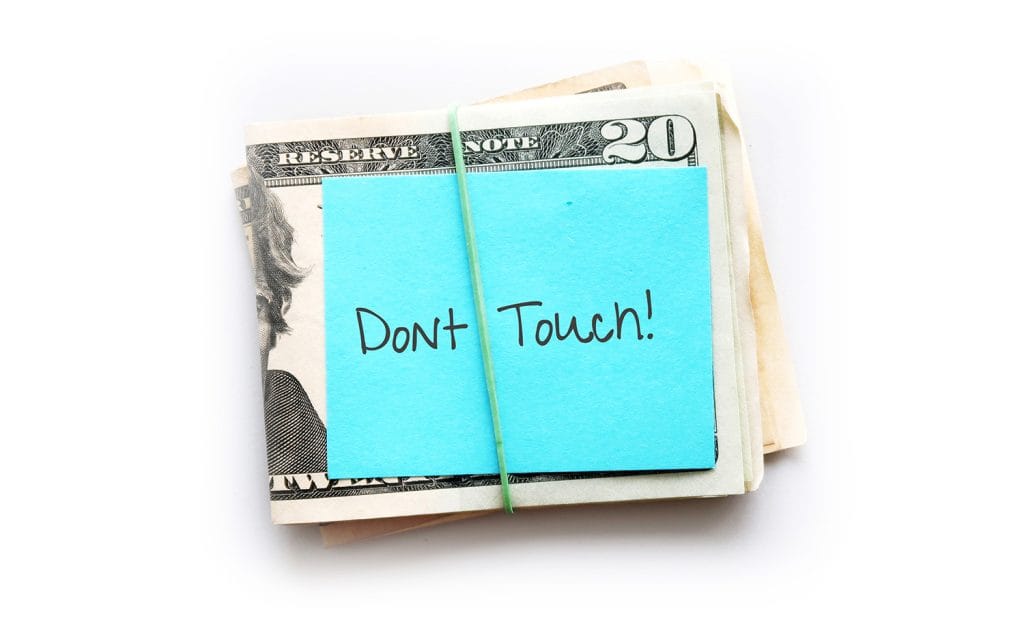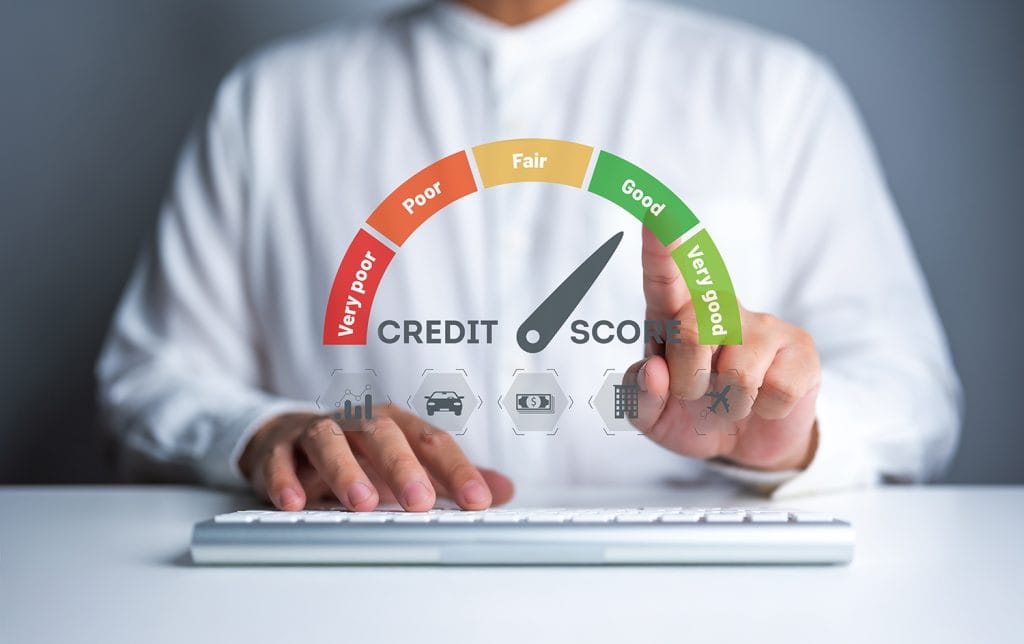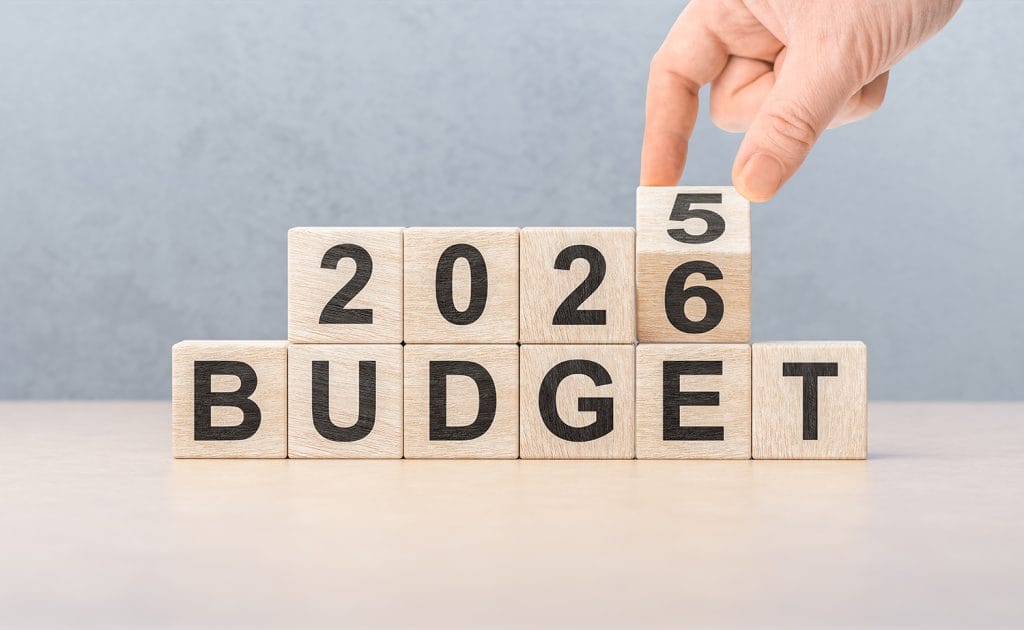
Expect the Unexpected: Why You Need an Emergency Fund
Having money on hand to cover unexpected bills is good for your financial health. Learn about starting an emergency fund.
While QR codes can be convenient, scammers are now using them in a new type of phishing attack called “quishing” (a combination of “QR” and “phishing”). Learn more about this scam and how to protect yourself.
Quishing scams use malicious QR codes that, once scanned, lead unsuspecting victims to fraudulent websites designed to steal personal information or install harmful malware on their devices. These deceptive QR codes can be found in various places, including emails, text messages, flyers, posters, or even seemingly trustworthy websites.
Jade receives an email that appears to be from her bank, but she notices grammatical errors and a suspicious sender address. Scanning the QR code leads to a website resembling her bank’s login page, but it loads slowly with distorted images, confirming her suspicion of a quishing scam.
Reach out to learn more about safeguarding your financial information and securing your accounts. Our experts are here to help.

Having money on hand to cover unexpected bills is good for your financial health. Learn about starting an emergency fund.

Learn seven ways you can raise your credit score and improve creditworthiness.

Learn the essential basics of budgeting, plus practical tips designed to foster better money habits.
Copied to clipboard!